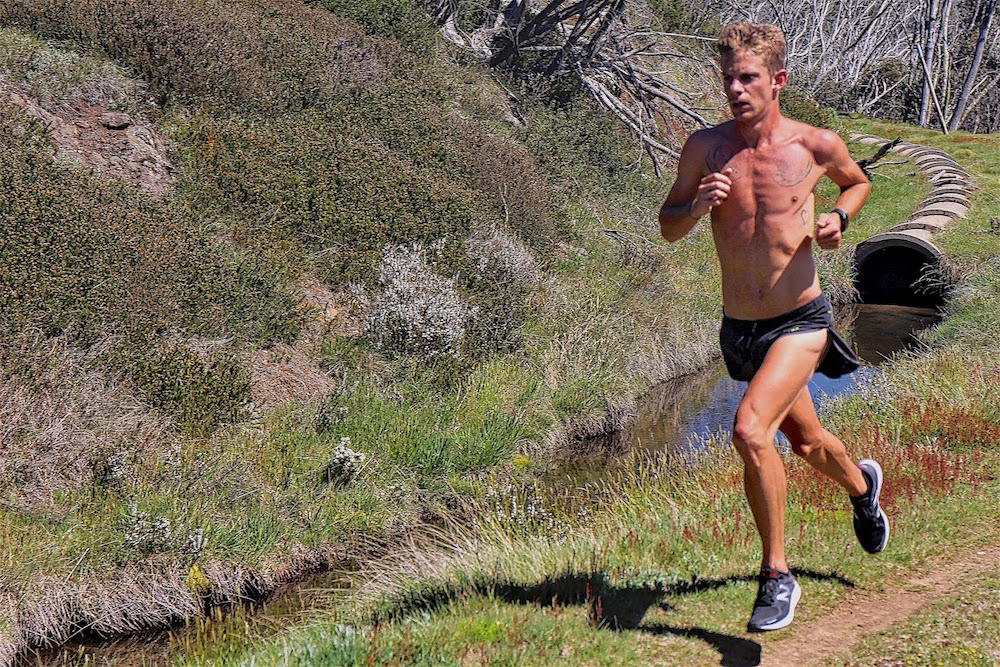The Sports Gene’ Explores The Science Behind Athletic Success
Originally Published Jul 31 2013 – Re-Published with permission by RT 13/1/2016
By: Chris Gorski
Not everyone can become an elite athlete. On the basketball court, tall men with abnormally long arms have an advantage over equally athletic men with typical body proportions. Distance runners with narrow lower legs and ankles use less energy when running. Great baseball hitters literally score off the charts on vision tests.
But even those beneficial but abnormal natural attributes are not sufficient to produce the top of the top in sports. From weekend warriors to all-time greats, athletes’ abilities are determined by the interaction of genetic makeup, training and the surrounding environment. “The Sports Gene,” by Sports Illustrated senior writer, David Epstein, provides a thorough look at these issues, and a terrific review of the science of elite athletic performance.
Epstein frames the book around a simple, but fascinating question: are there genes for speed, endurance and other athletic traits? The answers are far more complex than yes or no. The book combines engaging anecdotes about incredible athletic achievements with careful analysis of sophisticated science and physiology. The book bounces from the basketball player who became a world class high jumper immediately after his introduction to the sport, to the gold-medal-winning cross country skier who carried an abnormally large amount of oxygen in his blood.
Epstein also explores many other athletes who exemplify major issues in sports science — from the existence of innate talent to the complicated question of who should be eligible to compete as a woman.
The descriptions of the science are smooth, easy-to-understand, and range across a wide swath of sports – though they focus on Olympic and U.S. professional sports. Epstein also points out exceptions to the general rules for success — such as the world-record-holder for women’s marathon, 5-foot-8-inch British runner Paula Radcliffe, who towered over most of her peers.
Because genetics is an important part of the story, the book also discusses race and the traits that correlate to success in different sports, specifically in an attempt to understand the remarkable success of Kenyan distance runners and Jamaican sprinters. It’s a sensitive area, and Epstein reports that many of the scientists he interviewed tread carefully in his discussions with them. The book addresses the issues head-on, discussing the genetic and environmental reasons why some groups succeed in certain events more than others.
“The Sports Gene” will be released on August 1. Sports Illustrated recently printed an excerpt, which details what happened when the best baseball players in the world faced Jennie Finch, a top women’s softball pitcher.



